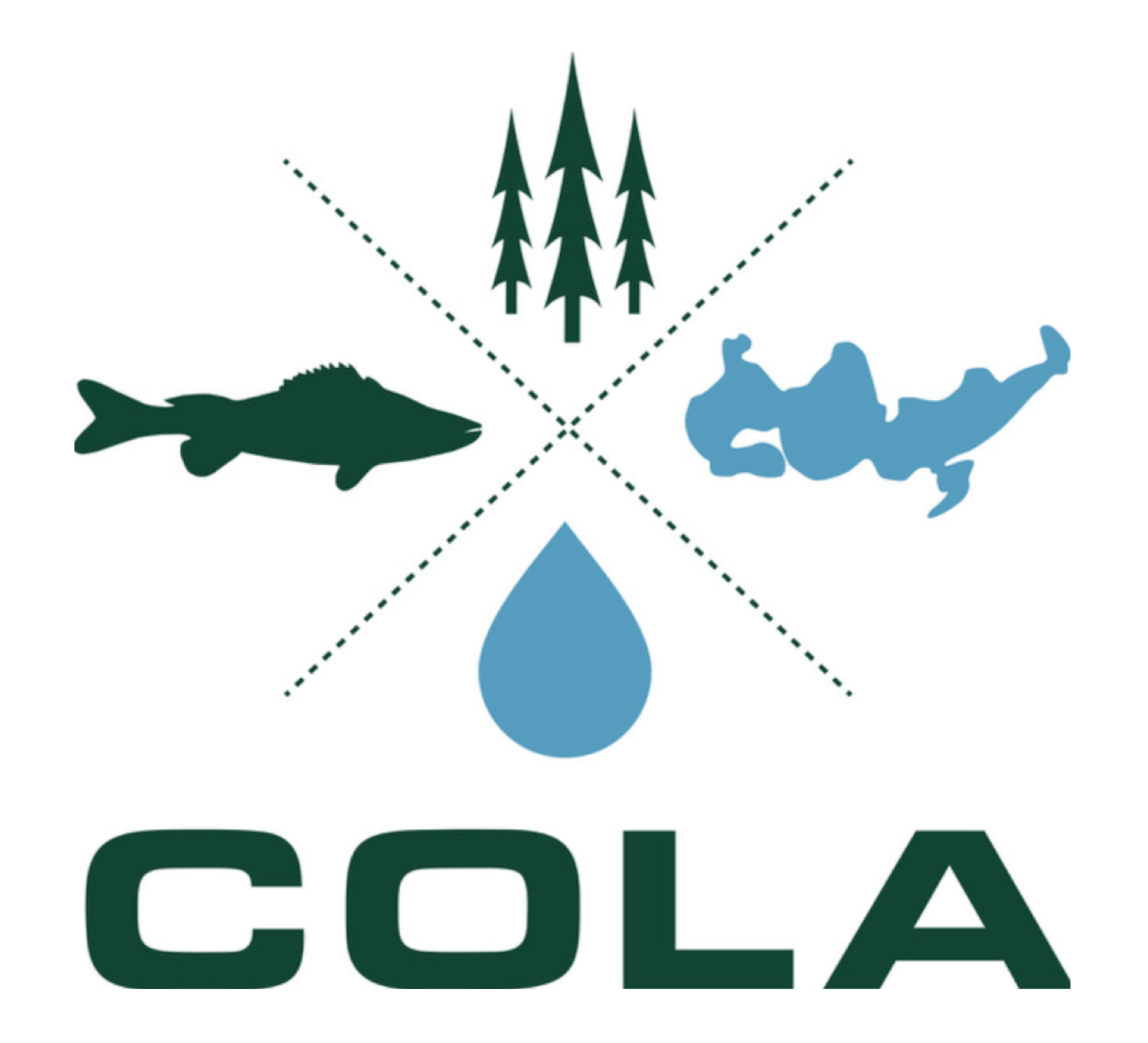Wisconsin’s Consolidated Assessment and Listing Methodology (WisCALM), from the WDNR, provides guidance on assessment of water quality data against surface water quality standards and for Clean Water Act reporting on surface water quality status and trends.
Attached is the 2018 annual LCO water quality assessment based upon the WisCALM protocol and the previous five years of monitoring data, i.e., 2014 through and including 2018.
This assessment has been prepared for each of the last 6 years by LimnoTech Inc.
The essential messages from this update are:
1) Based upon total phosphorus concentration, algae growth, water clarity and dissolved oxygen level, the water quality in Musky Bay continues to improve. Recall that the East Bog closed system was placed into operation in Spring 2014.
2) Based on these same factors, the water quality in greater LCO continues to deteriorate. The current total phosphorus criteria for LCO is 15 ppb. LimnoTech notes that for the first time “average TP concentrations in LCO exceed criteria in some portions of the lake.” In addition, LimnoTech states, “the update of the WisCALM assessment for LCO, using data for the most recent five years (2014-2018), confirms impairment of the two-story cold-water fishery habitat for cisco and lake whitefish. The measures of the minimum oxythermal habitat band demonstrate the impairment of this beneficial use.
The other take a ways from the 2018 assessment are:
Continued data collection in LCO is critically important;
Understanding and addressing the drivers of the impaired oxythermal habitat for cisco and lake whitefish is high priority; and
A site-specific (SSC) TP criterion protective of the two-story cold-water fishery in LCO is needed.
For more information, please review the attached assessment.
Assessing waterbodies against water quality standards and identifying impaired waters that don’t meet standards is part of the overarching federal Clean Water Act (CWA) framework for restoring impaired waters. See more details about WisCALM on the WDNR website.
